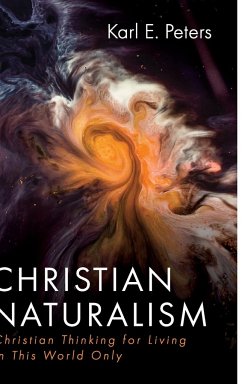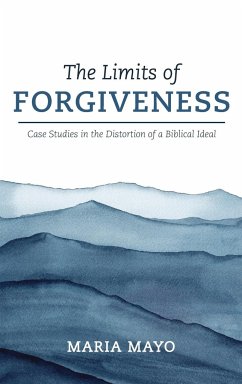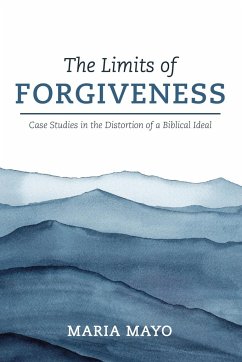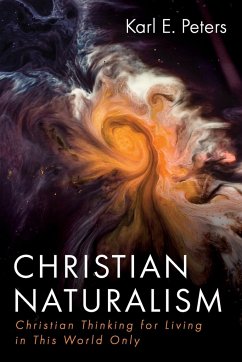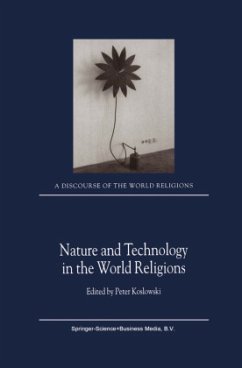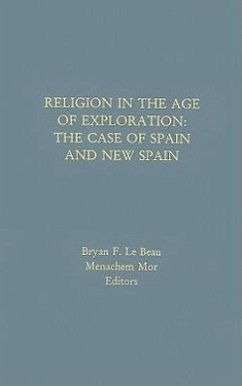
The Case for Religious Naturalism
Versandkostenfrei!
Versandfertig in 1-2 Wochen
24,99 €
inkl. MwSt.
Weitere Ausgaben:

PAYBACK Punkte
12 °P sammeln!
How can religion speak to the millions of men and women who have irretrievably lost their belief in a supernatural God? This is the fundamental challenge that all of the great religions of mankind face in the twentieth century. Rabbi Cohen responds to the challenge with a carefully reasoned analysis. Cohen also lays to rest some popularly held misconceptions about the nature of religion and treats the concept of God with a clarity altogether lacking in current theological writings. He demonstrates that religion, far from being identified with supernaturalism, must now function with a naturalis...
How can religion speak to the millions of men and women who have irretrievably lost their belief in a supernatural God? This is the fundamental challenge that all of the great religions of mankind face in the twentieth century. Rabbi Cohen responds to the challenge with a carefully reasoned analysis. Cohen also lays to rest some popularly held misconceptions about the nature of religion and treats the concept of God with a clarity altogether lacking in current theological writings. He demonstrates that religion, far from being identified with supernaturalism, must now function with a naturalist view of reality and of human existence.





